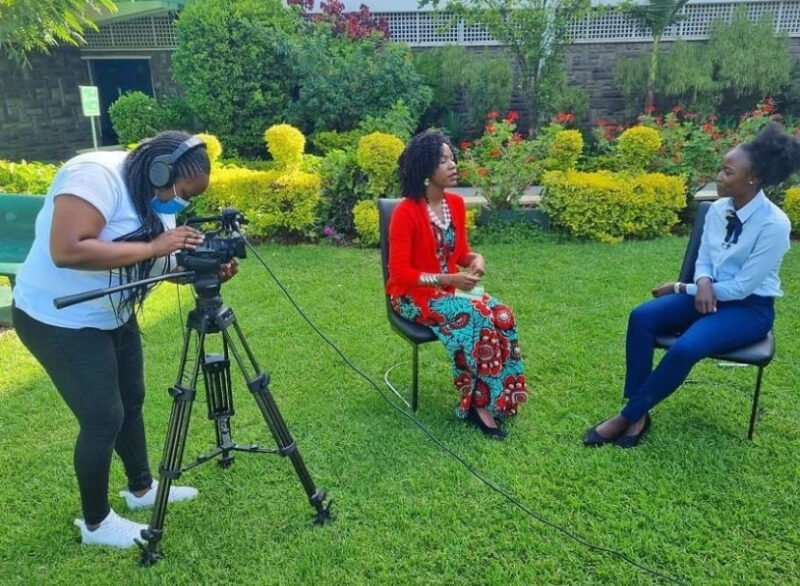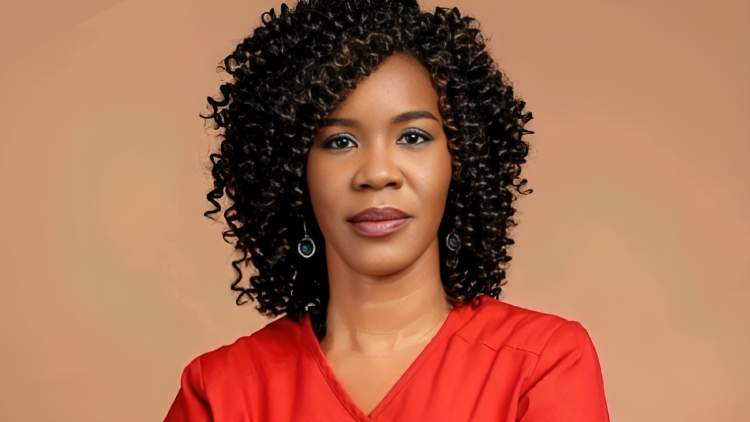Miriam Mutebi shared on LinkedIn:
“Q: What did I do to cause my cancer?
This question often arises after a cancer diagnosis. The truth is that some factors, are beyond our control, and the idea that cancer is our fault only fuels stigma. In short, ‘everyone is at risk’. Cancer happens when a rogue cell escapes the body’s control, and what triggers this is still a mystery.
But if the cause is unknown, can we change course?
Risk factors for many cancers have been identified. We have modifiable risks and non-modifiable risks. It’s important to note that having a risk doesn’t guarantee you’ll get cancer, nor does it necessarily mean you’re safe either.
Aging for example is a non-modifiable risk—we can’t change getting older, and with age, cancer likelihood increases. Factors like being female or having a family history of cancer are also beyond our control. However, there are steps we can take to reduce our risk.
Cancer prevention is never about blame; it’s about taking charge of what you can control. Diet and exercise play significant roles. For certain cancers, like cervical cancer, vaccines like HPV can be life-saving. Unfortunately, 90% of HPV-related cancer deaths occur in low-and-middle-income countries (LMICs) due to limited vaccine access and timely detection. Misconceptions about these vaccines often hinder their uptake.
Let’s be clear: getting vaccinated doesn’t give anyone a license to be reckless. Vaccination is simply a proactive step in protecting your health. Through work with the Union for International Cancer Control (UICC) and the Commonwealth Taskforce for the Elimination of Cervical Cancer, resources have been developed to address these myths.

In many countries, both boys and girls are vaccinated against HPV, but in LMICs, limited resources focus on girls. Around 80% of people will be exposed to HPV at some point, and while most will clear it naturally, a small subset will develop cervical cancer. However, screenings like Pap smears or HPV tests can detect abnormal changes early, when the disease is most treatable.
Regular check-ups are crucial. Women over 40 should have regular breast screenings, and those over 25 should have Pap smears or HPV tests every 3-5 years. Early detection makes cancer more treatable and preventable.
Think of it this way: you often take better care of your car than your body. You routinely service your car, but wait until your body breaks down to seek medical help. Many people avoid check-ups out of fear of ‘finding trouble’ or the financial burden of cancer care. Yet, early detection leads to less aggressive, more effective treatments and potential cures.
So yes, cancer isn’t always about something you did or didn’t do. Regular screenings, a healthy lifestyle, and proactive care, remain your best defenses.”
Source: Miriam Mutebi/LinkedIn
Miriam Mutebi is a Breast Surgical Oncologist and Assistant Professor in the Department of Surgery at the Aga Khan University Hospital in Nairobi, Kenya. She is also the Vice-President of East Africa of the African Organization for Research and Training in Cancer (AORTIC), treasurer for the Kenya Society of Hematology and Oncology (KESHO) and on the Board of Directors of the Union for International Cancer Control (UICC).
She is the co-founder of the Pan African Women’s Association of Surgeons and is part of the Kenya Association of Women Surgeons. She is an avid supporter for the education and support for women, especially in surgery and she aims to provide mentorship for women in surgery and to improve women’s health and surgical care in Africa. She is currently pursuing a pilot’s license in order to extend breast care services to marginalized areas.


